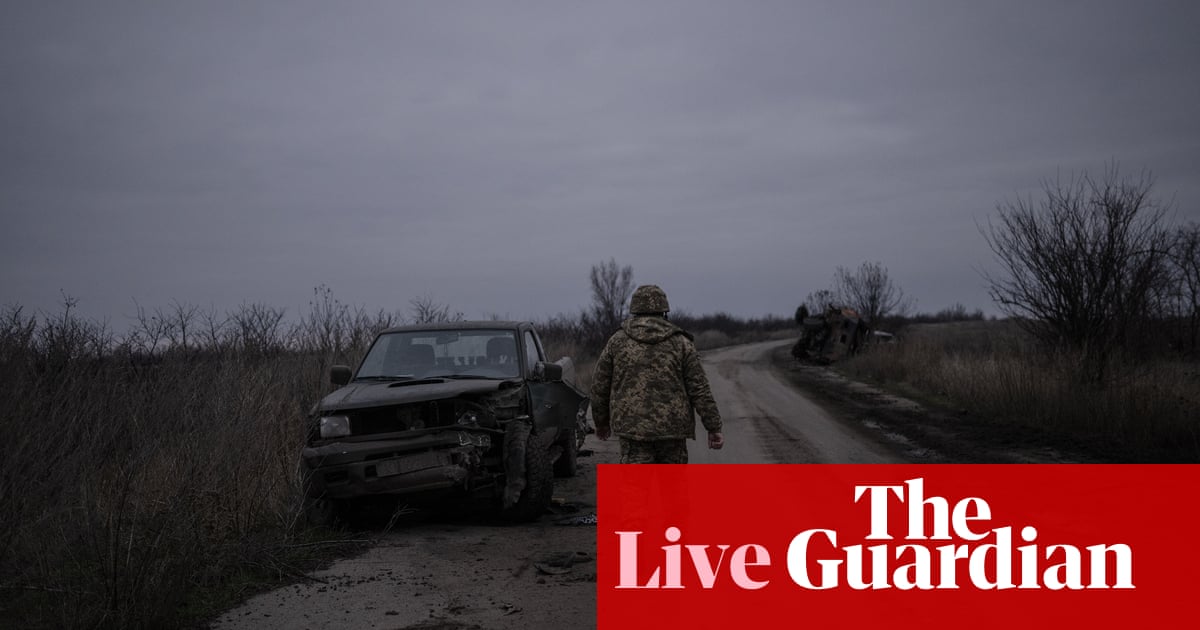
The Iranian-backed militia also planted thousands of land mines that killed hundreds
AL-MUKALLA: Iranian-backed Houthi militias have incarcerated around 20,000 abductees in 790 prisons in Yemeni areas under their control, human rights chiefs have revealed.
The rebel fighters were on Saturday accused of carrying out sweeping human rights abuses against their opponents since seizing power in Yemen by force in 2014.
A virtual meeting of the Yemeni Coalition to Monitor Human Rights Violations, known as the Rasd Coalition, heard that tens of thousands of people who had challenged the Houthis’ rule were being held in secret and known jails.
The coalition also reported that the armed group had recruited 7,000 children and was responsible for planting thousands of landmines that had killed 6,000 people.
Speaking at the gathering, which brought together human rights organizations from inside and outside of Yemen, the coalition’s Executive Director Mutahar Al-Badhiji said the meeting aimed to highlight Houthi actions that had fueled the world’s worst humanitarian crisis at a time when the fragile Yemeni health system was battling to cope with the coronavirus disease (COVID-19) pandemic.
Houthis have repeatedly come under heavy criticism from local and international rights groups for arbitrarily abducting their opponents and suppressing protests in the city of Sanaa and other provinces in northern Yemen.
A Houthi-controlled court recently sentenced four Yemeni journalists to death, a move that triggered global condemnation. The movement has also vowed to execute dozens of legislators, journalists, activists, and military officers who switched sides and backed the internationally recognized government.
Najeeb Al-Saadi, head of the executive unit in Yemen for internally displaced people, told symposium delegates that the Yemeni conflict had forced 3.66 million people to flee their homes and take shelter in 521 displacement camps in the country.
FASTFACT
Houthis have repeatedly come under heavy criticism from local and international rights groups for arbitrarily abducting their opponents and suppressing protests in the city of Sanaa and other provinces in northern Yemen.
The number of displaced Yemenis has increased since the beginning of this year as a result of heavy fighting between Houthi and government forces in Marib province and Nehim district, near Sanaa.
Meanwhile, the main road between the southern Yemeni province of Abyan and Aden was reopened on Sunday as battles between government troops and separatists ended, a day after Yemen’s President Abed Rabbo Mansour Hadi ordered his military in Abyan to stop fighting.
“We are committed to the order of our leadership. We stopped fighting and reopened the road to Aden,” an army officer, who wished to remain anonymous, told Arab News.
On Saturday, Hadi told his troops to commit to the truce in Abyan and urged the separatists to halt hostilities in the southern province and abide by the terms of the Riyadh Agreement.
In April, the separatist Southern Transitional Council (STC) announced self-rule in south Yemen, pushing the government into mounting an offensive to expel its forces from Aden.
Elsewhere, fighting broke out on Saturday in Taiz when Houthis shelled the densely populated southern city before conducting a ground push aimed at seizing control of new areas on the city’s western edges.
Yemen’s defense ministry said that army troops pushed back the Houthi attack and killed and wounded numerous rebels during a two-hour battle. Heavy fighting was also reported on Sunday in the central province of Al-Bayda amid confirmed reports that the Houthis had seized control of areas in Qania district.
The national emergency coronavirus committee in Aden reported that the total number of confirmed COVID-19 infections in government-controlled areas now stood at 1,103, with 296 deaths and 417 recoveries.









